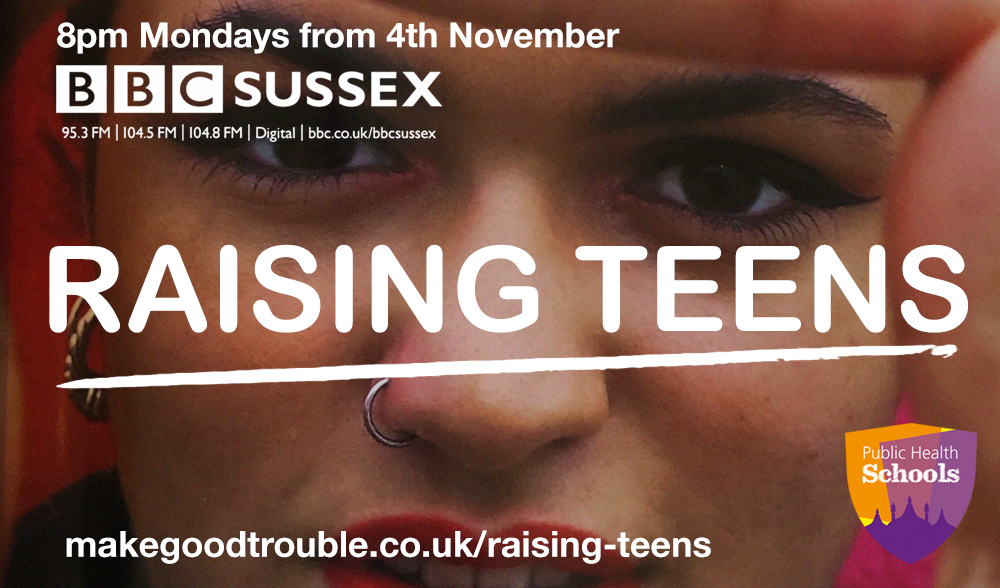If anyone out there has gone through, or is going through a family breakup, then don’t miss the latest episode of Raising Teens. It’s a really positive and heart-warming discussion about everything involved, including some excellent advice from our guests, Alex Psaila from Relate, Jo Heywood, an education specialist, Dan Flanagan from the brilliant Dad La Soul, and our very own Daisy Cresswell.
🔊 Listen to Raising Teens: Family breakups
The discussion covered everything from how to deal with a teenager’s emotions as well as your own during a family separation, step-families, rituals and routines, how to create a calm environment at home and how schools can help.
Here are our guests’ top tips:
Alex Psaila:
“Use your resources wisely. Try and talk to your friends who will listen to you. Discriminate between the friends who tell you what to do and those who actually listen… Don’t chose the friends who take sides – that’s not what you need.”
Jo Heywood:
“Don’t forget the school and the [fact that it’s a] constant for your child. Schools can help with organisation, with counselling, they can help with leniency when it comes to work or emotions if the child has to step out. They can tell you, if they’re looking at a particular topic in a syllabus that might be difficult for that child, they can give you a heads up.”
Daisy Cresswell:
“My advice to parents would be to compartmentalise – don’t try and fix everything at once. And listen to your body because your mind and body won’t necessarily be in sync. If you’re absolutely exhausted, rest.”
Dan Flanagan:
“Don’t fall into the traps – I thought I could go away and drown my sorrows down the pub. Instead I took up yoga and started swimming in the sea. The other bit of advice is to talk – especially men. We don’t do it enough.”
Further help & advice
Relate offers relationship and family counselling as well as information and advice on separation and divorce as well as useful information on dealing with children’s feelings and behaviour
Dad La Soul, a a revolutionary, grassroots movement, that uses the arts, music, tech and play to tackle social isolation in dads and kids
West Sussex Council’s Find it Out Centres for Young People are for anyone between 11 and 25. They offer drop-in advice and information. To talk to someone in confidence young people will need to make an appointment
CAMHS (Child and Adolescent Mental Health Services) for Sussex
Childline offers children information and advice, and a listening ear
The Samaritans offer 24/7 support: https://www.samaritans.org/ or call 116123 for free

